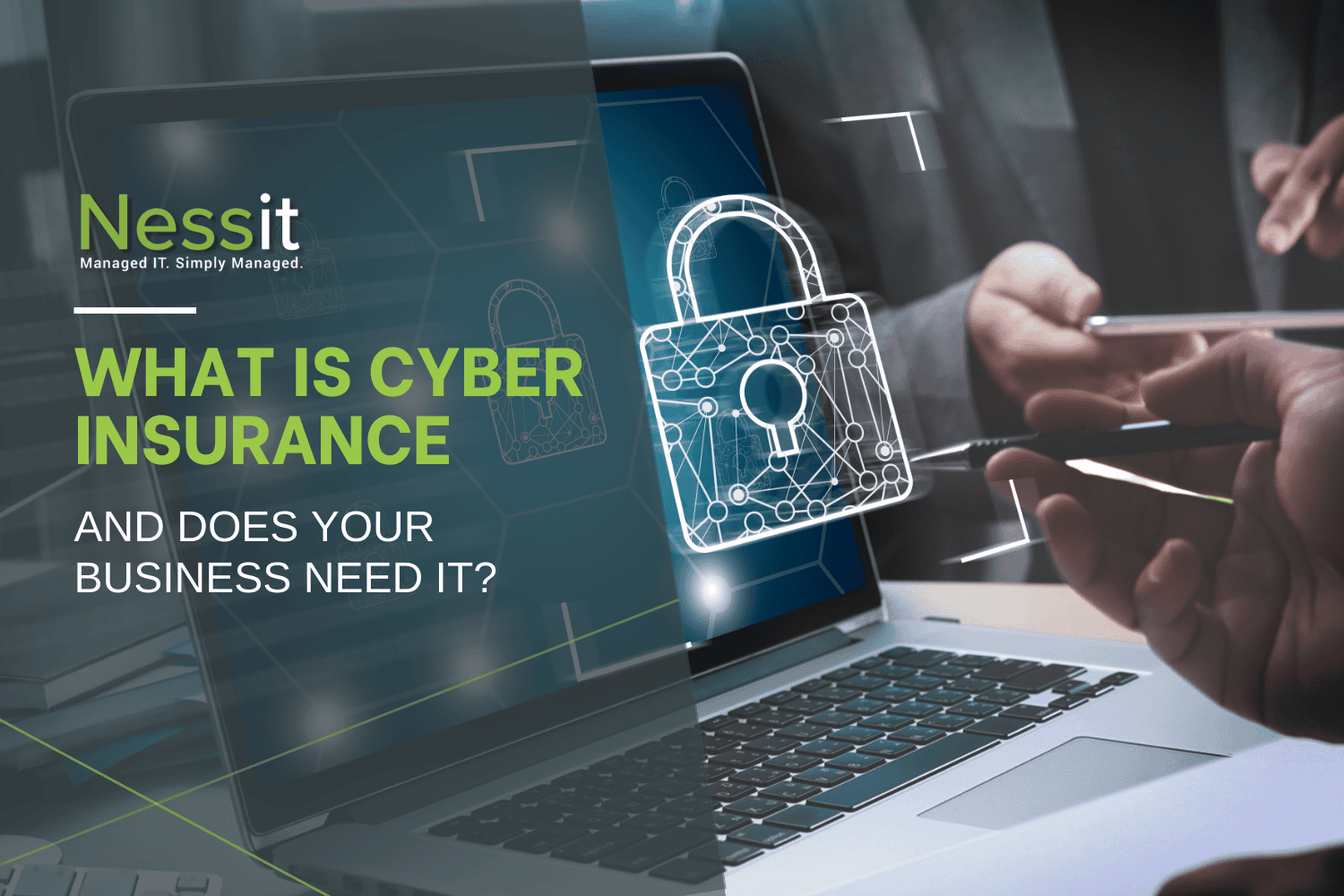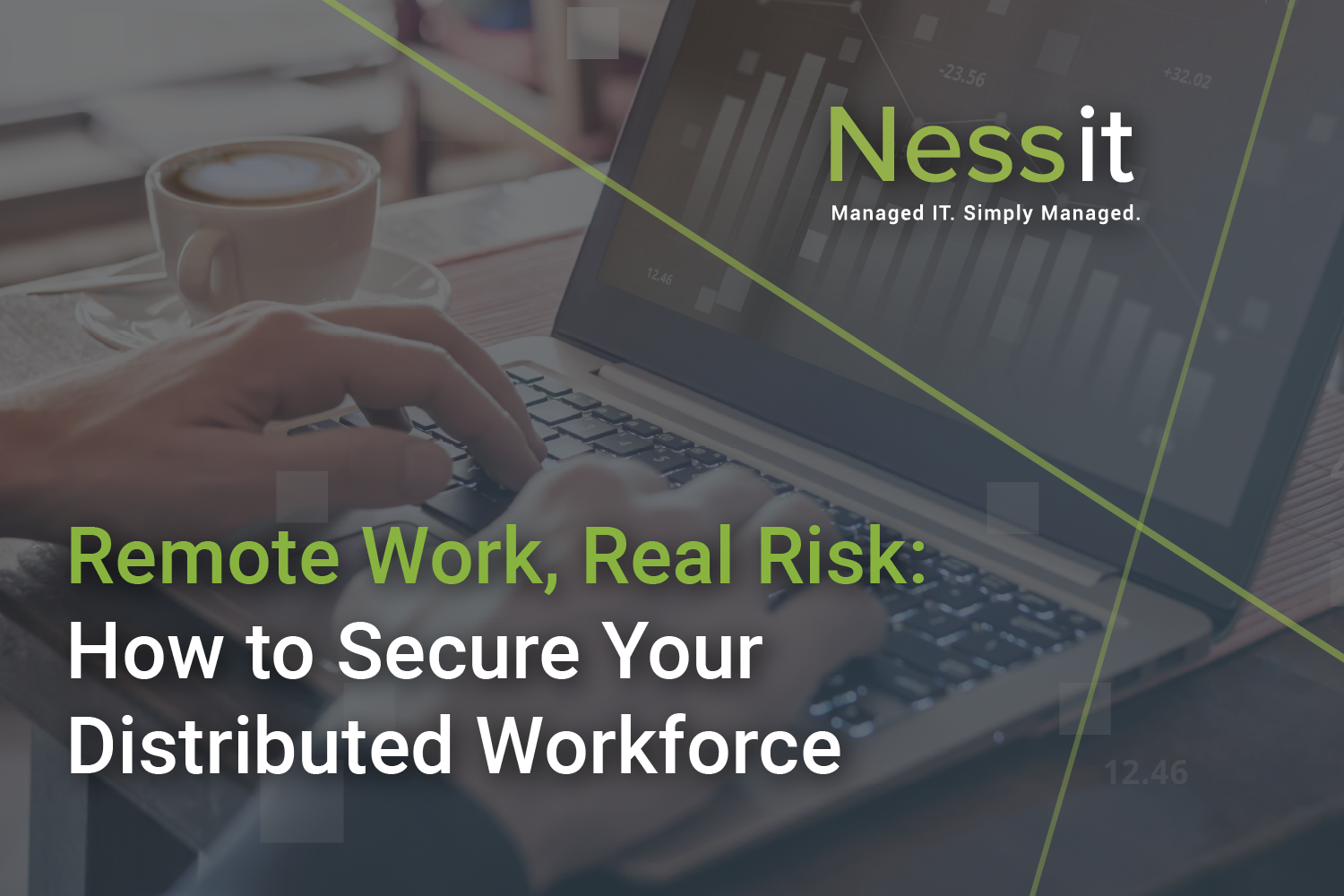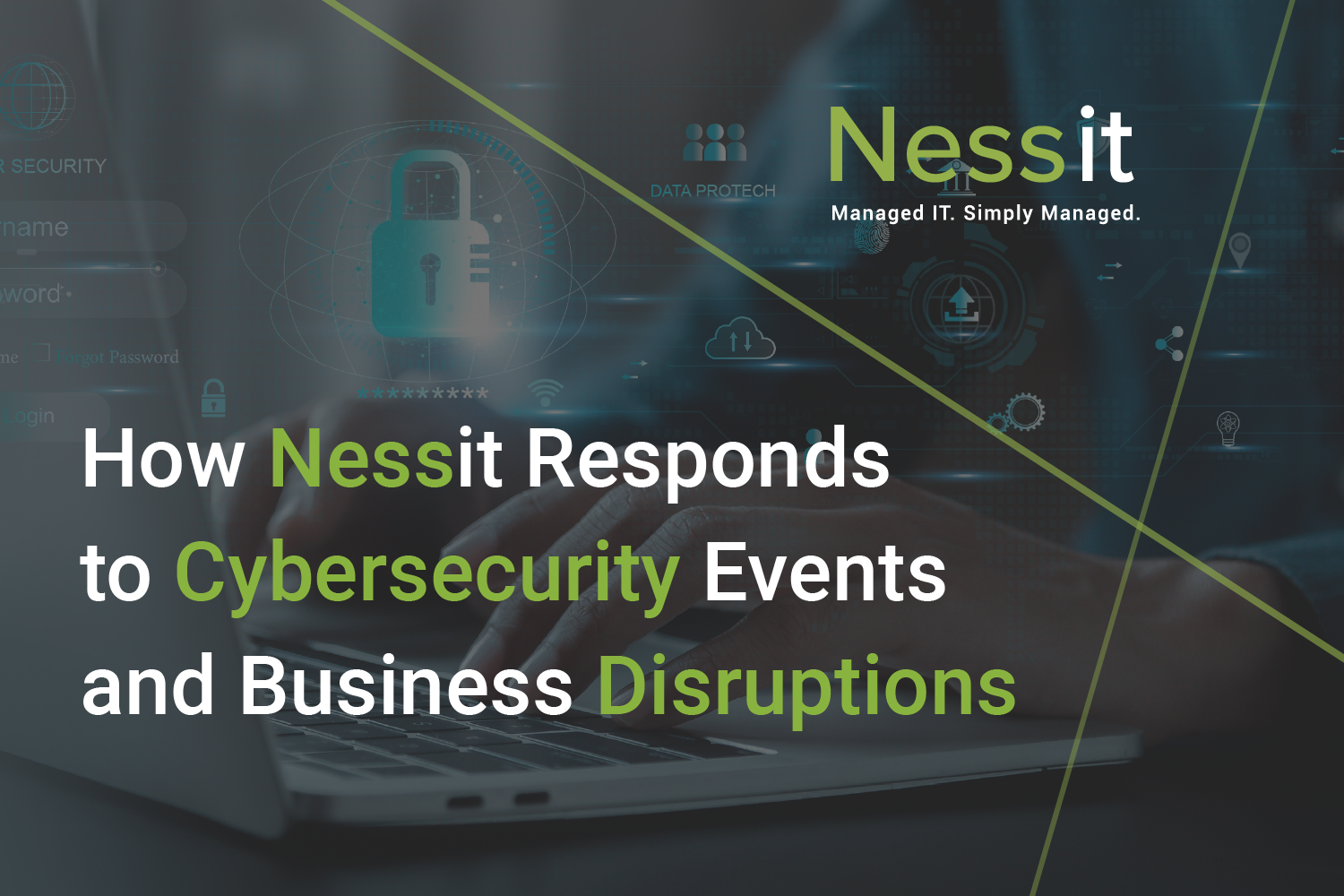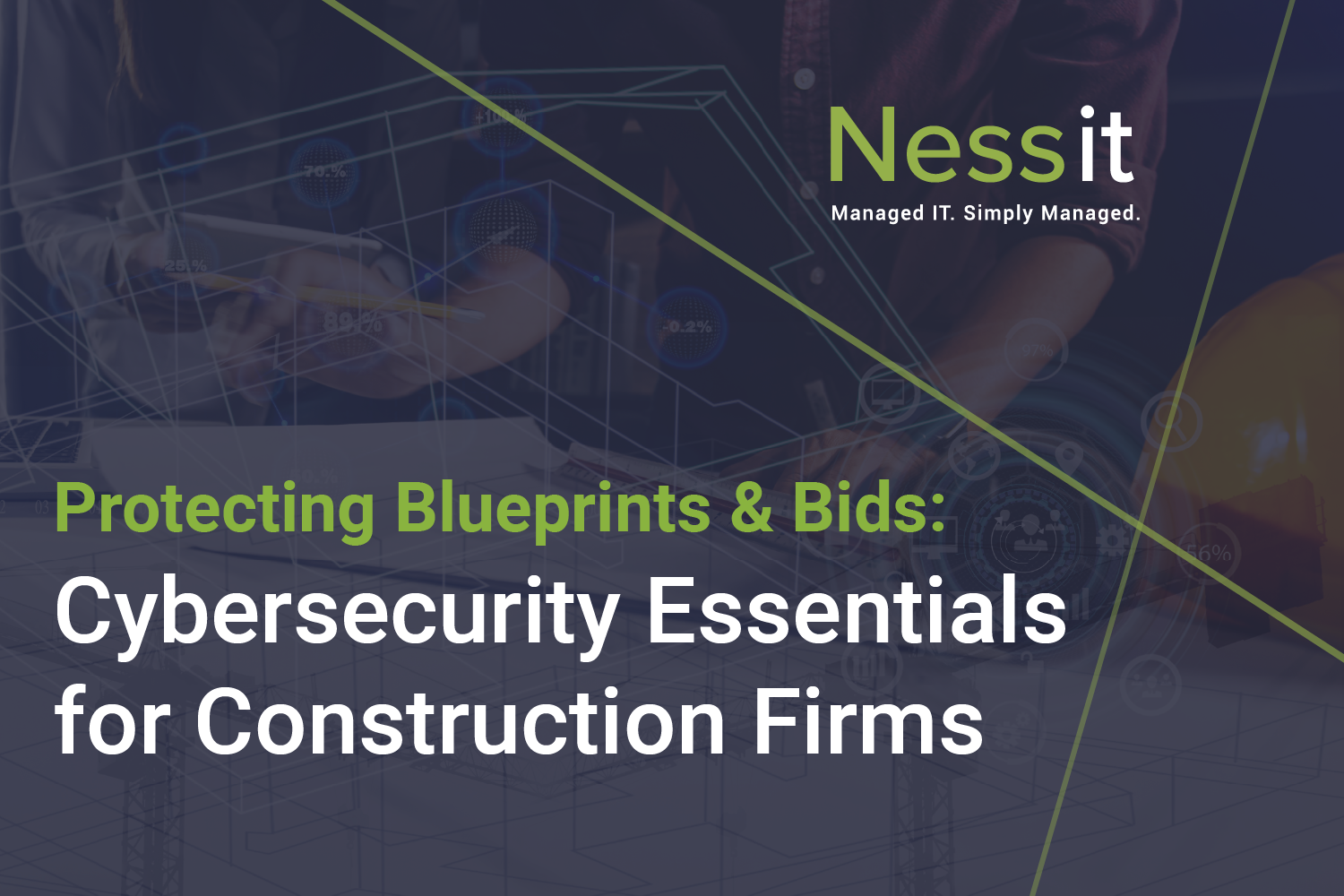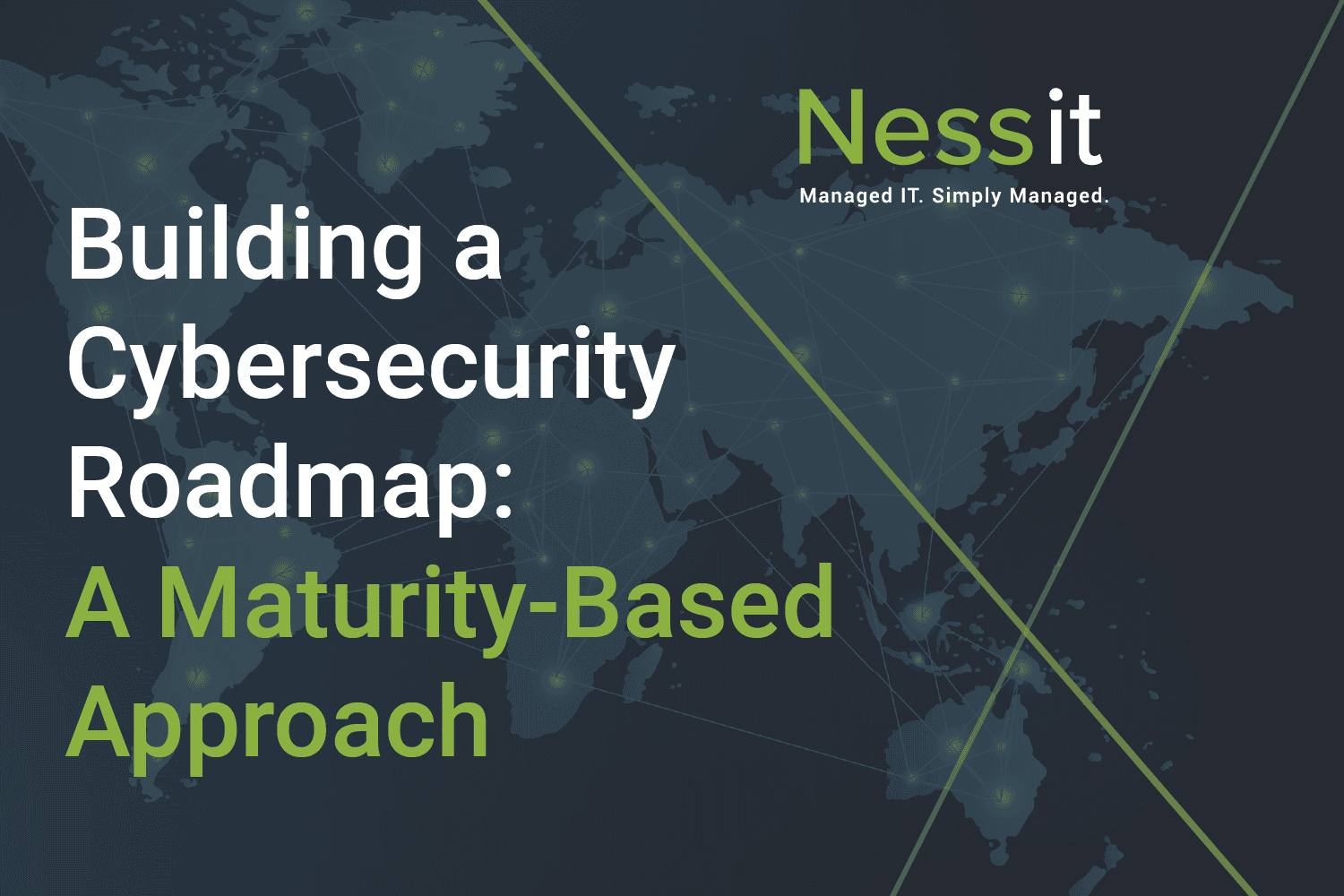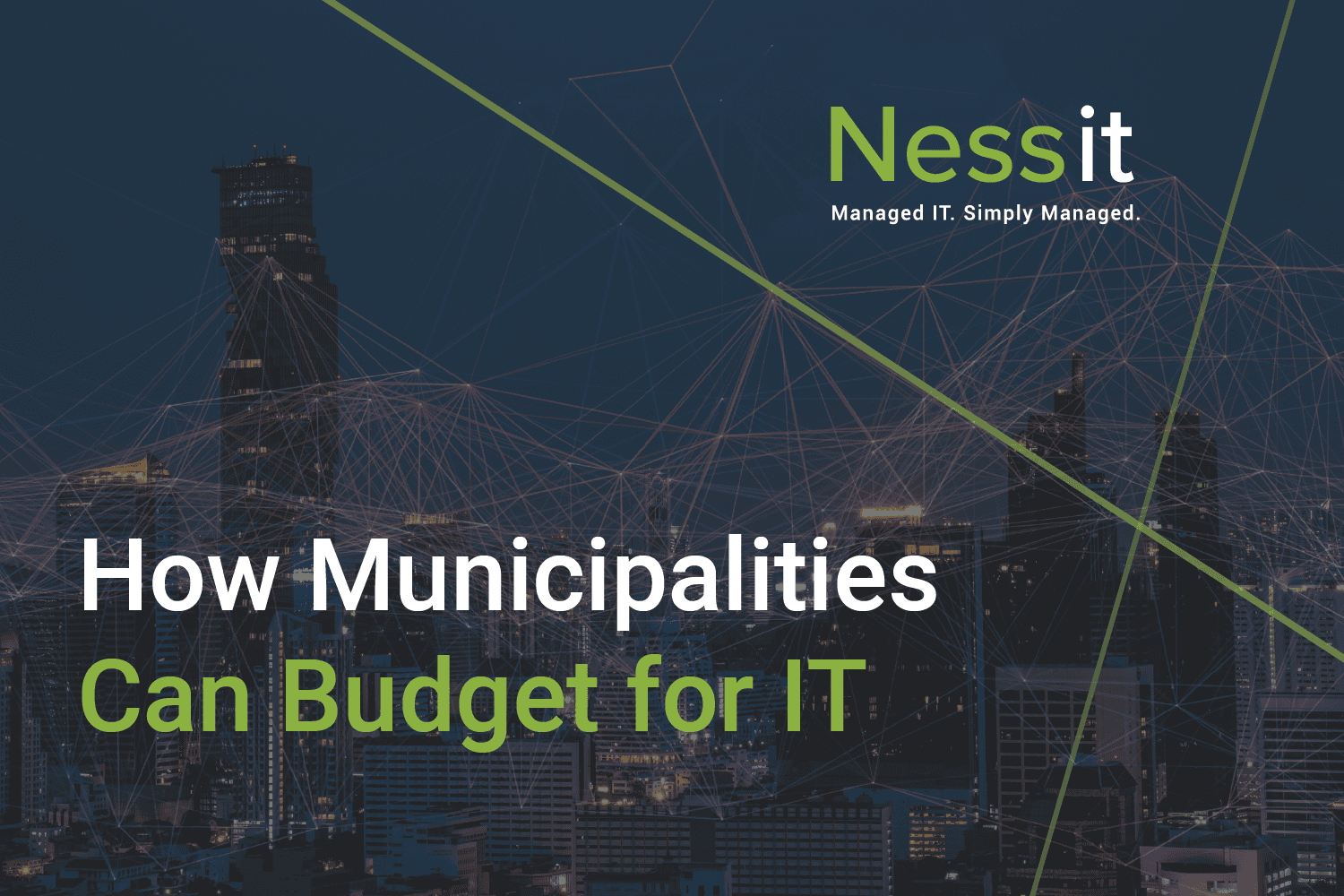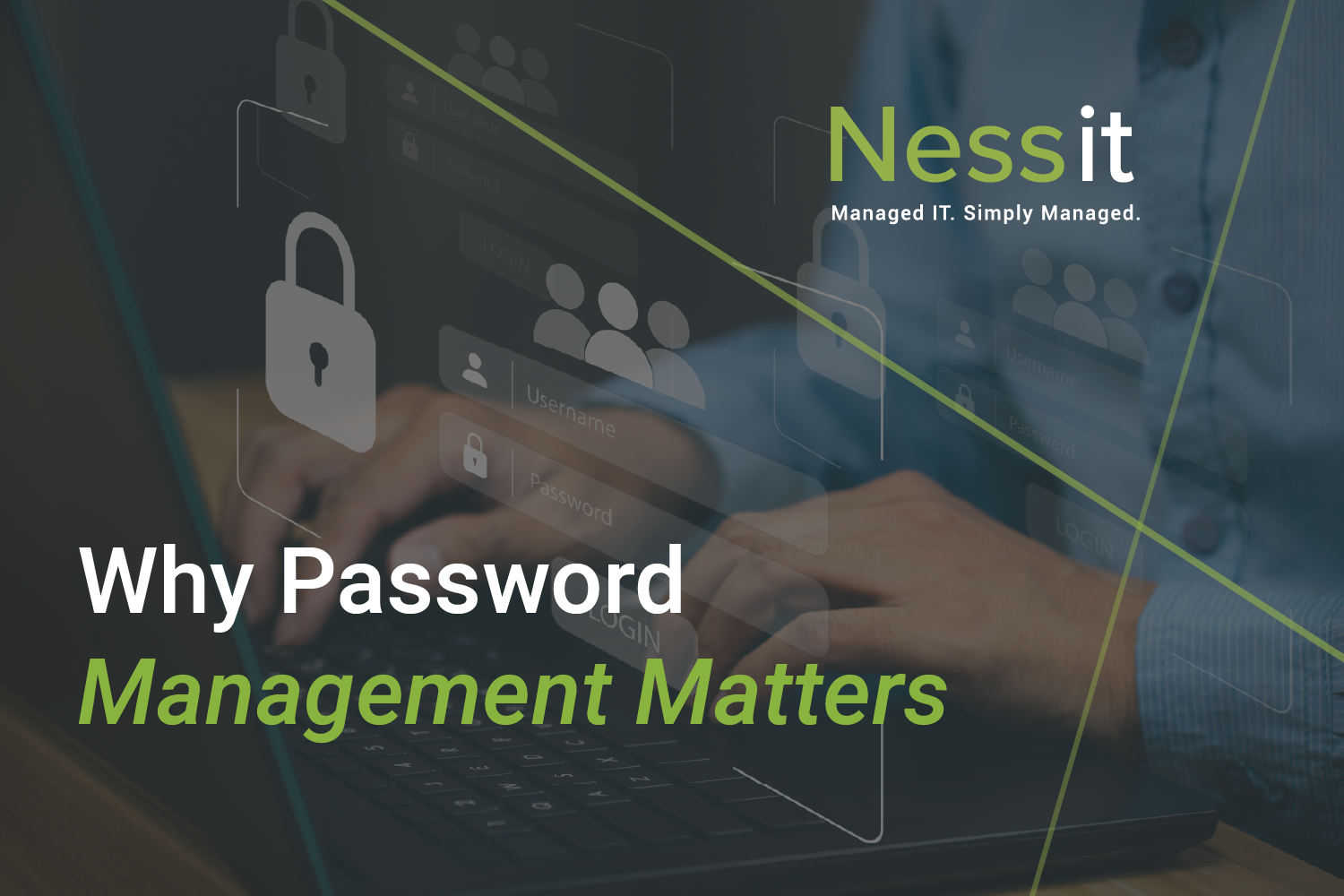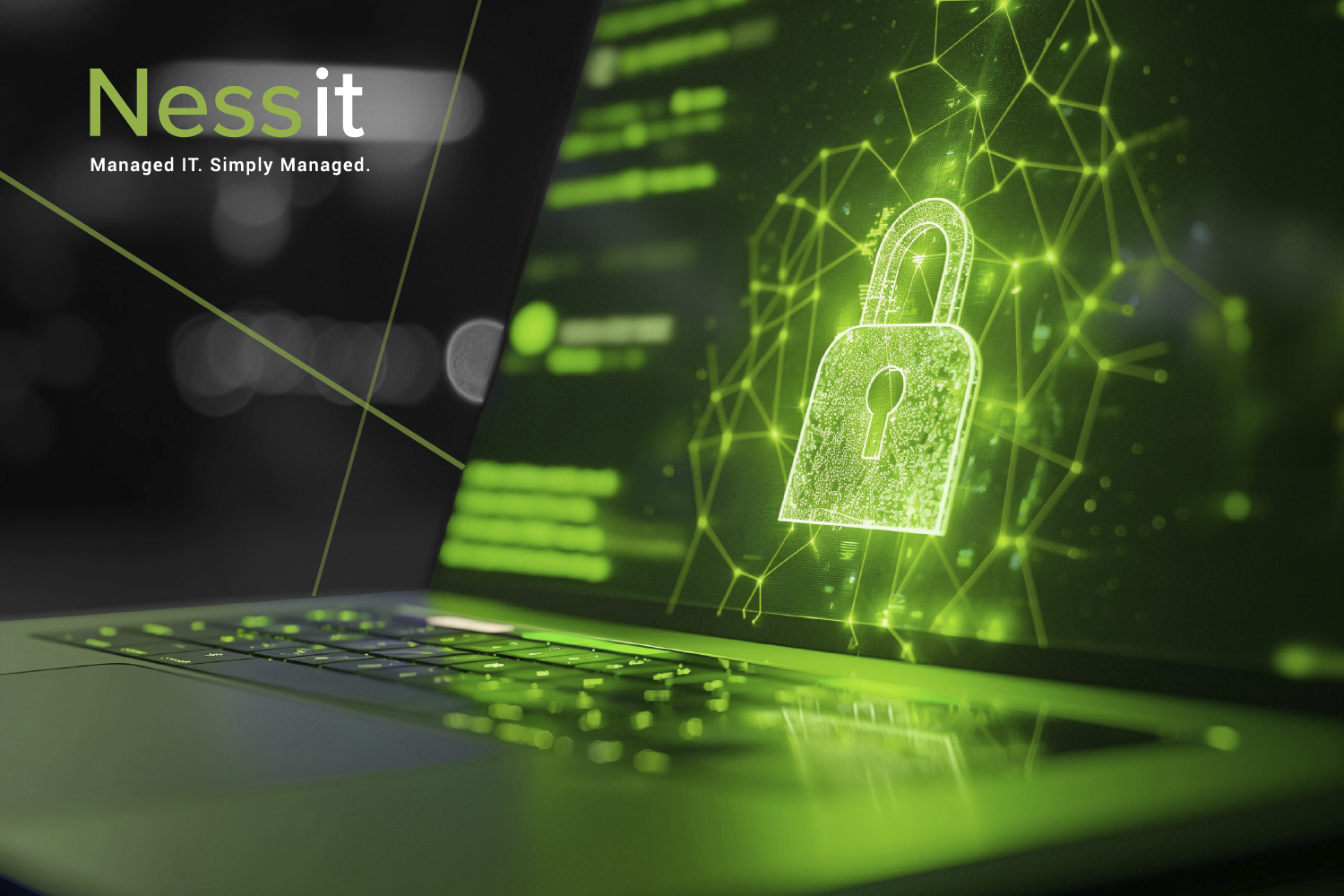You’ve probably heard the term cyber insurance, especially as news of data breaches make headlines with increasing frequency. When a … Read more
Cyber Security
Remote work is here to stay, and the appeal is undeniable–flexible hours, time and money saved on commuting, and the … Read more
No organization, large or small, is immune to cyber threats. When disruption strikes, it can throw your entire operation off … Read more
If you think your business wouldn’t be of interest to hackers, think again. For construction firms, every blueprint, bid, and … Read more
Cybersecurity isn’t just a box to check off–it’s an ongoing process. Threats emerge quickly and if your company isn’t keeping pace, you’re leaving the door wide open for cyberattacks–which is why every business should have a cybersecurity roadmap. Instead of reacting to threats as they pop up, a well-structured roadmap will help you build resilience, strengthen your defenses, and stay a step ahead of cybercriminals.
For municipalities, establishing an effective IT budget is essential for maintaining secure, efficient, and future-ready operations. A well-structured IT budget allows local governments to be proactive–rather than reacting to costly emergencies–and to provide essential services while maximizing available funds.
You might be shocked at how easy it is to obtain your personal login information, and you probably won’t know it’s happened until it’s too late. The dark web–that hidden corner of the internet–is teeming with stolen credentials. Hackers access compromised passwords through data breaches, phishing scams, and malware attacks, then put them up for sale to anyone willing to pay. This makes strong password management, including the use of secure passwords and two-factor authentication (2FA) more important than ever.
The single most effective way to safeguard your business from cyberattacks is through employee training. Employees can unknowingly become the gateway for cybercriminals by clicking on malicious links, using weak passwords, falling for phishing scams, or accidentally sharing sensitive information that can compromise your entire network. Here’s what you need to know to protect sensitive data and maintain the integrity of your IT infrastructure:
Cybersecurity is a critical component in any organization, large or small. The increasing frequency and evolving nature of threats means that simply installing antivirus software or setting up a firewall isn’t enough. Security is an ongoing process that requires constant vigilance, regular updates, and proactive measures. As a Managed Service Provider (MSP), Nessit understands the complexities of maintaining robust cybersecurity and is dedicated to safeguarding your business.

